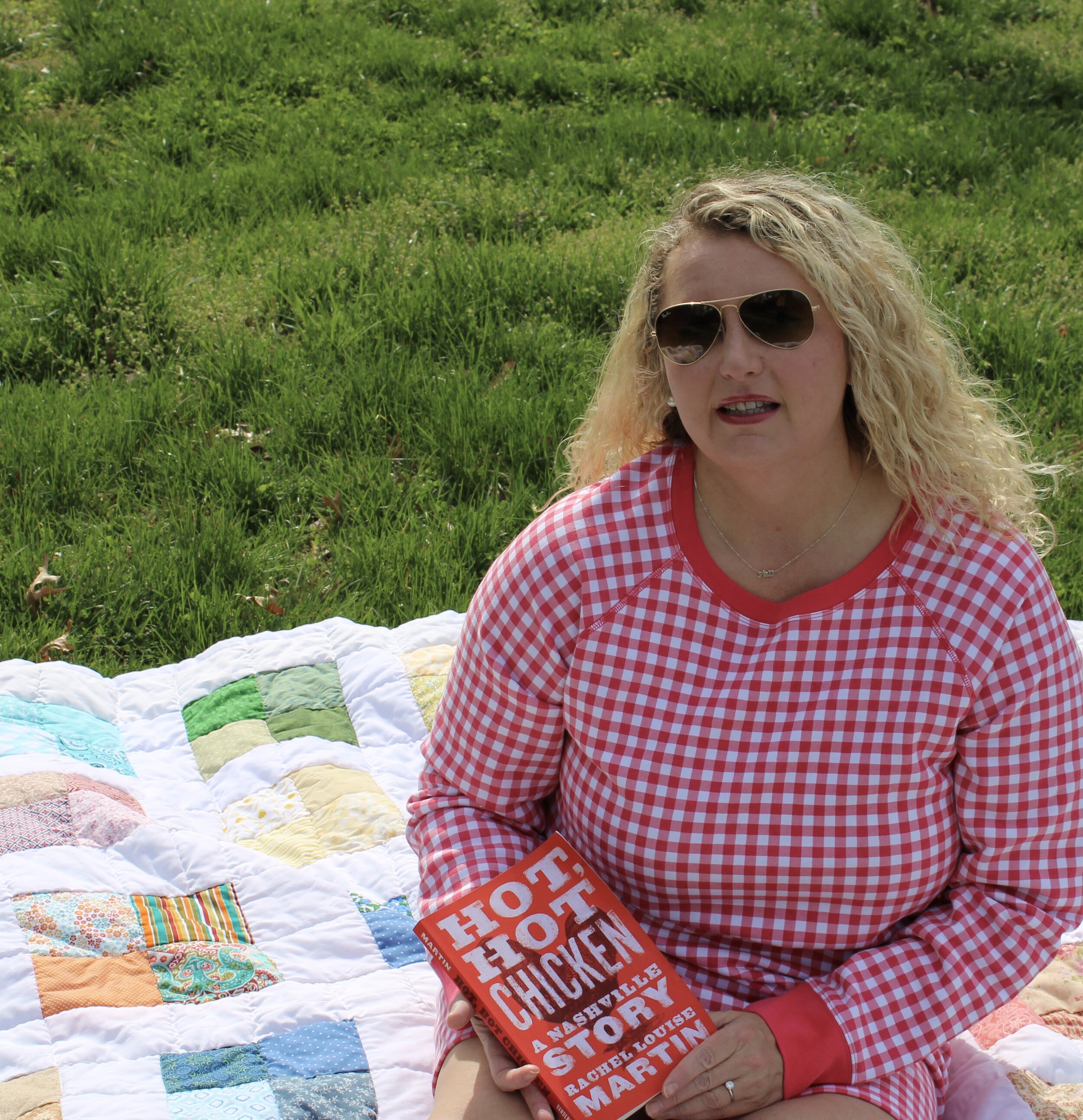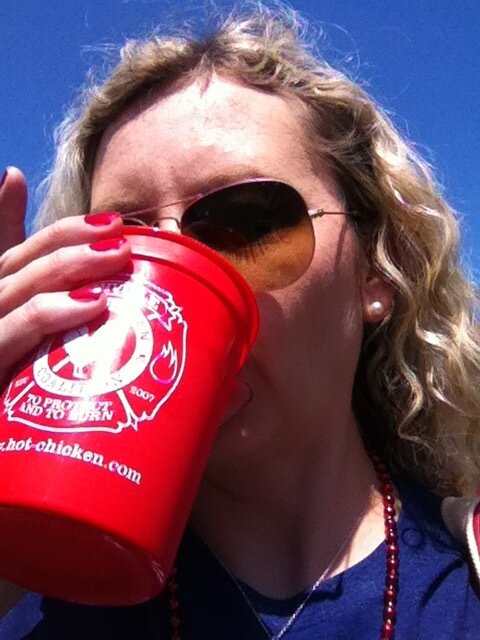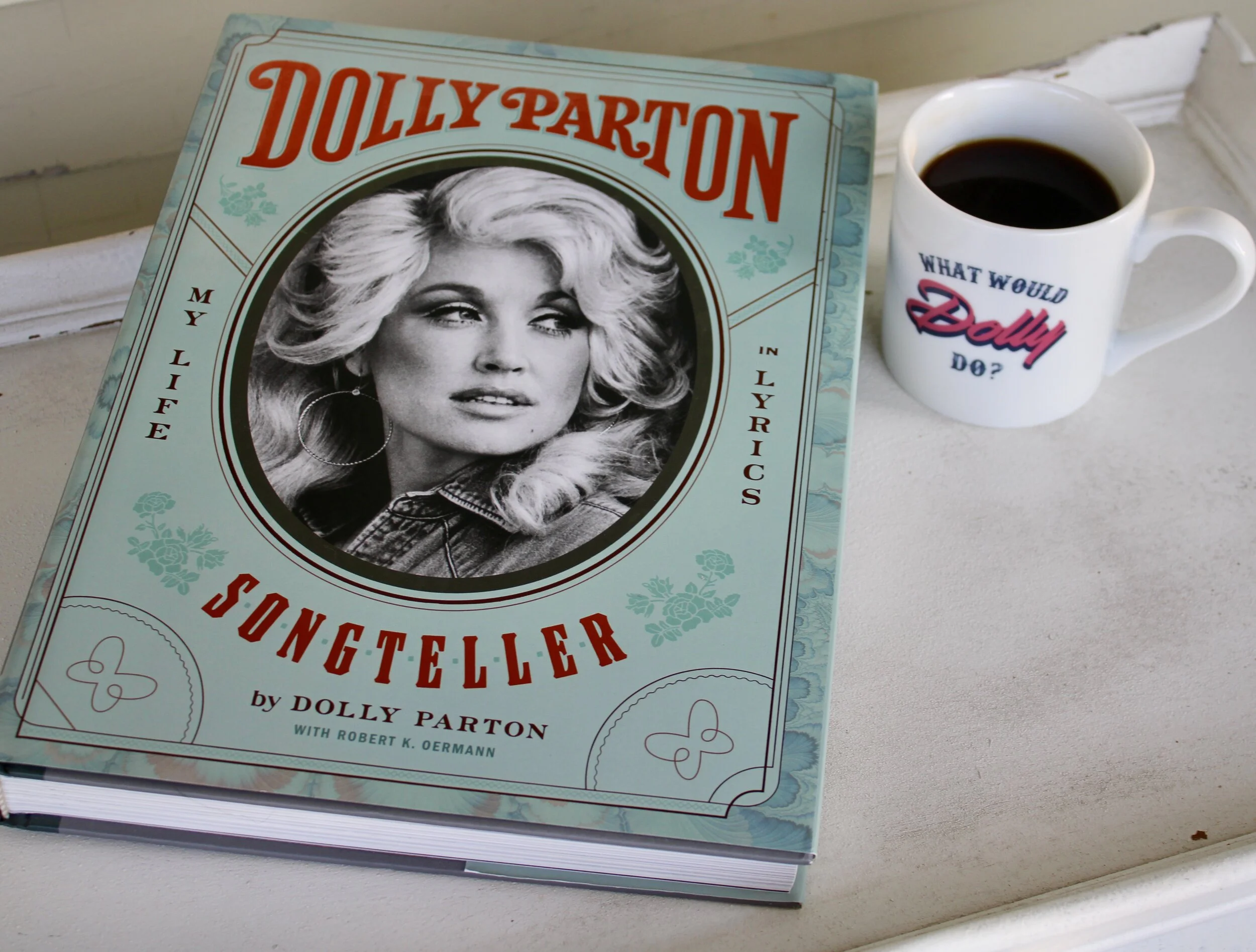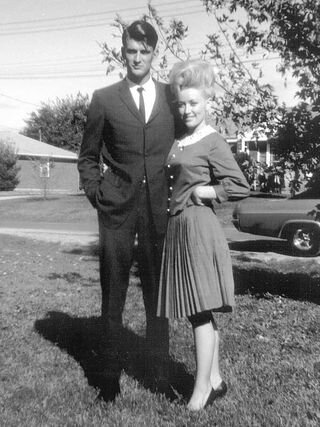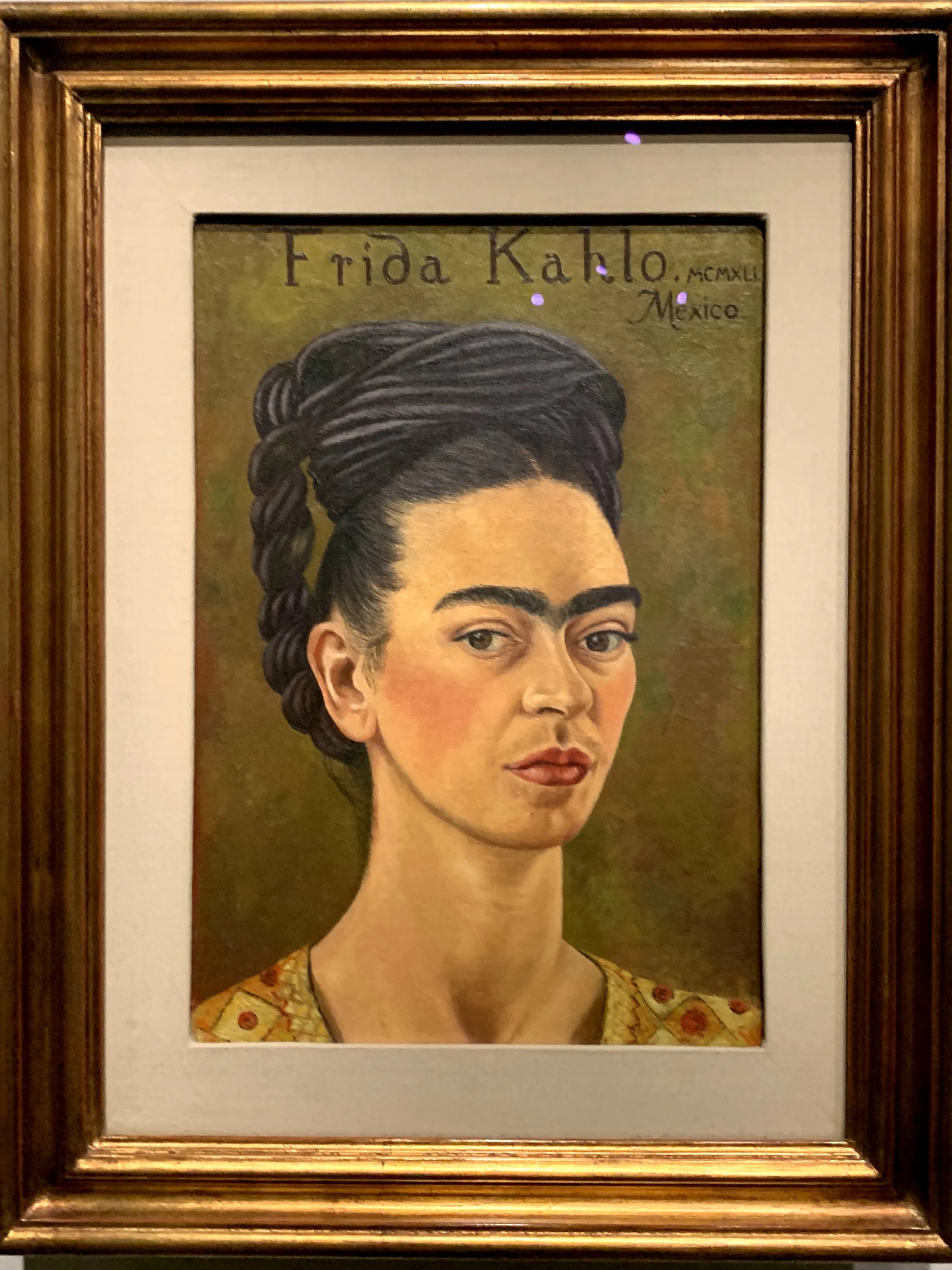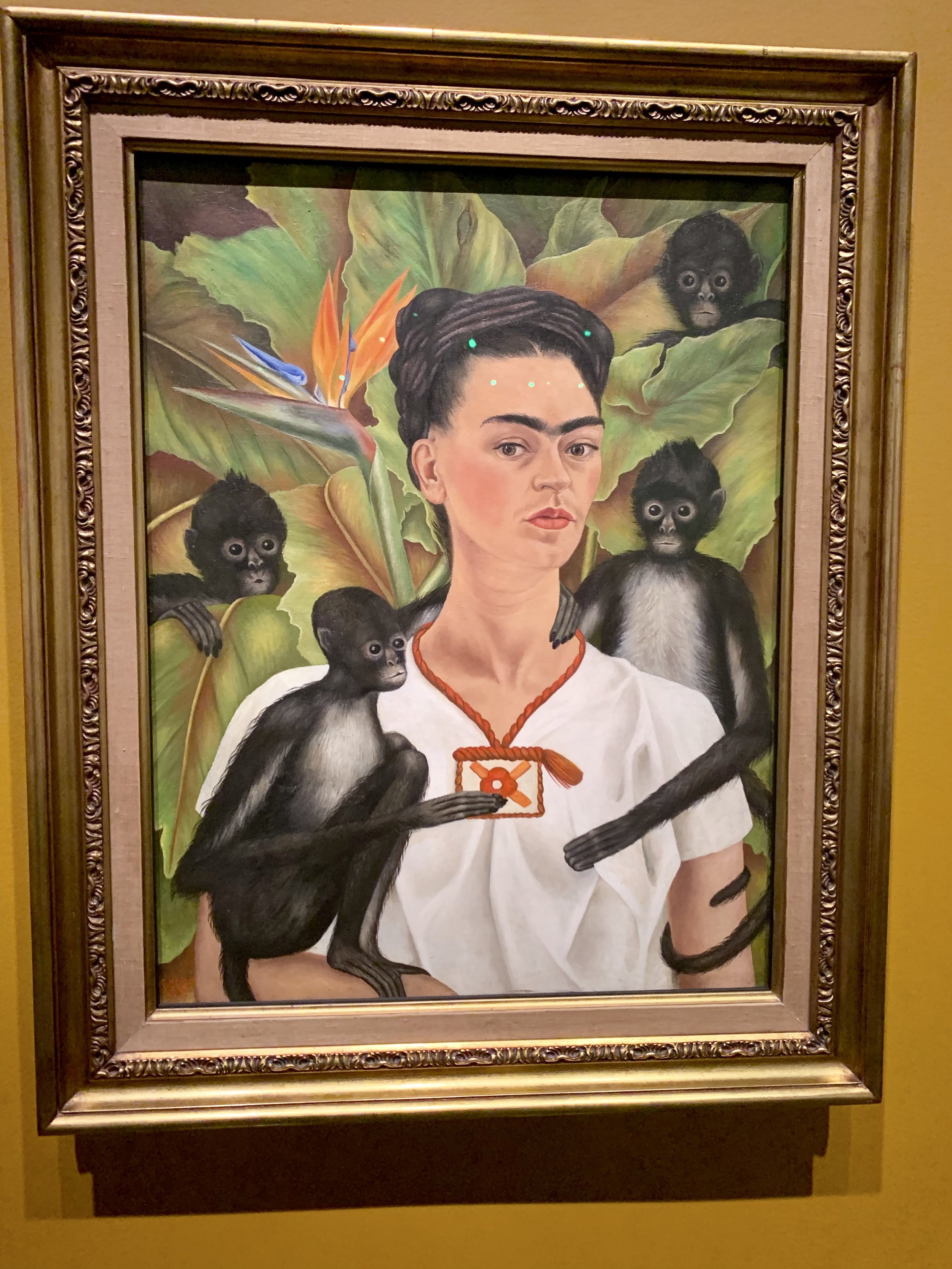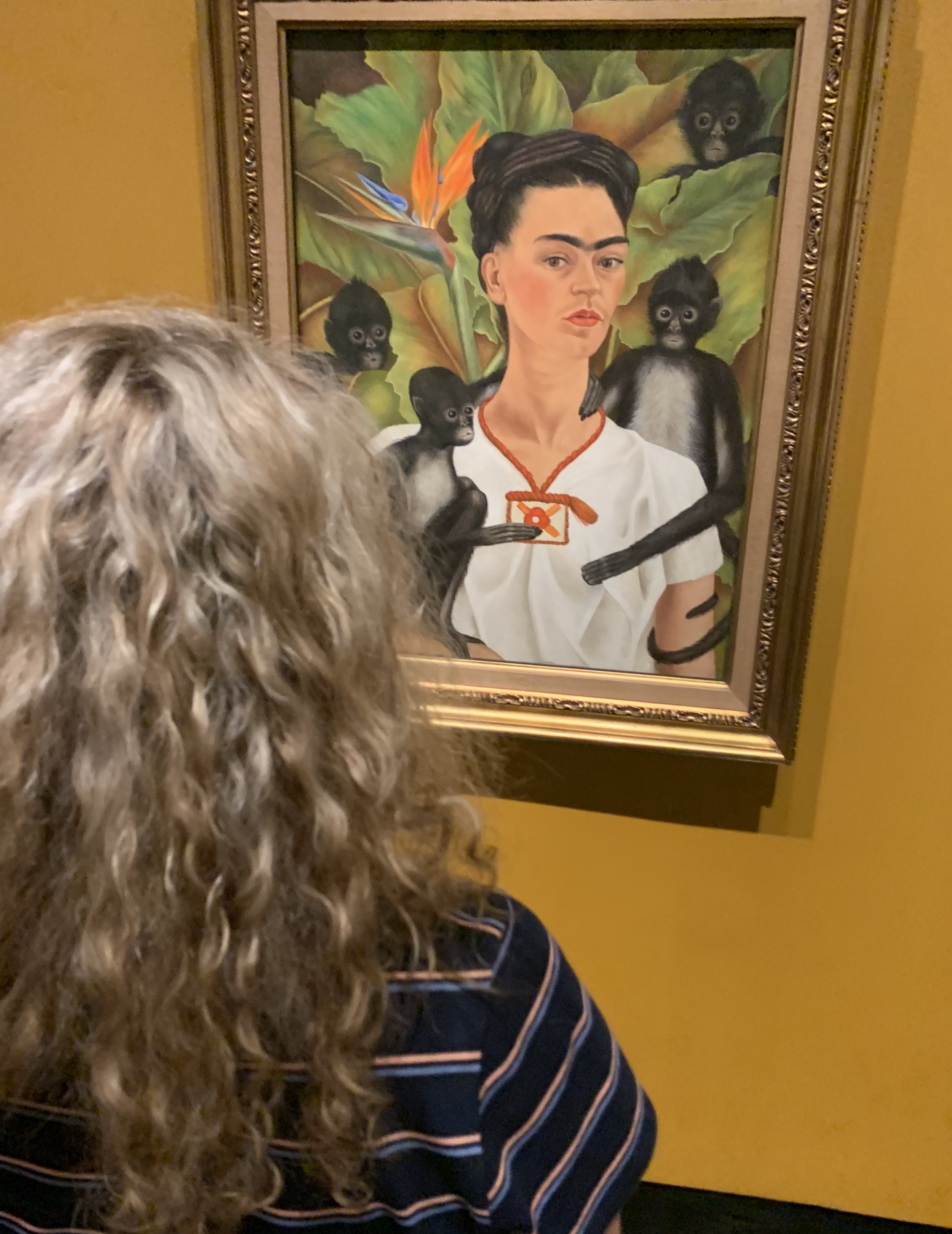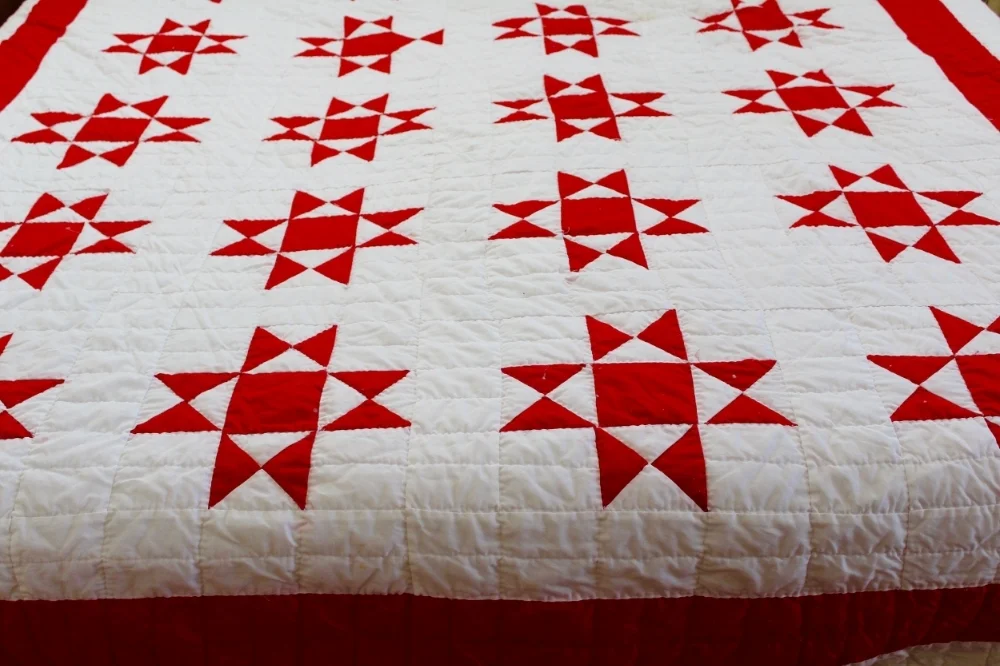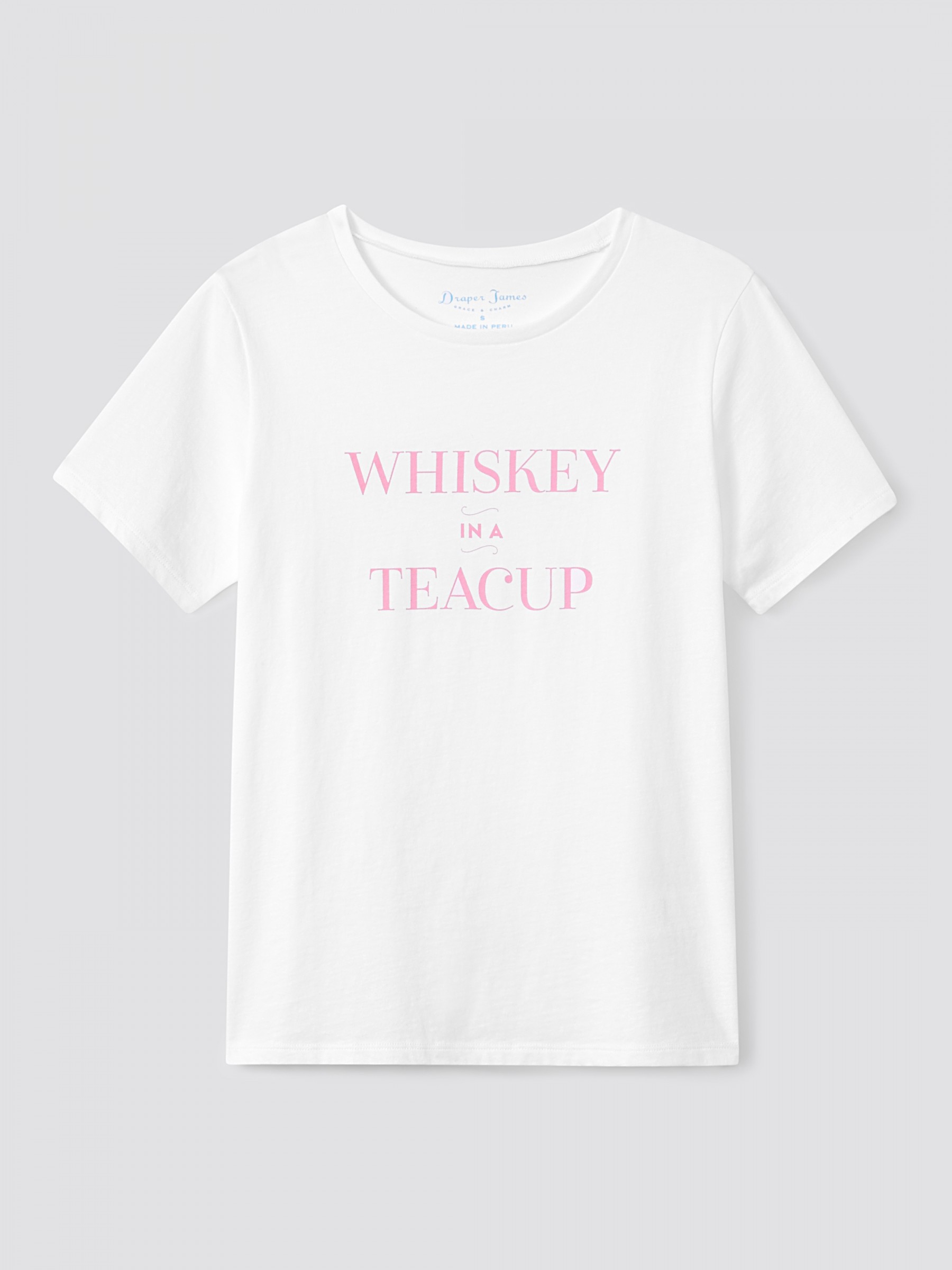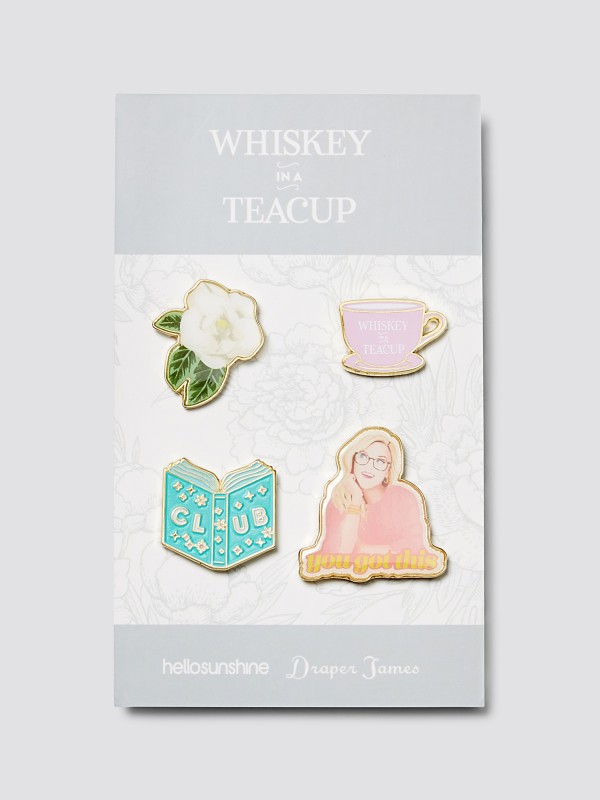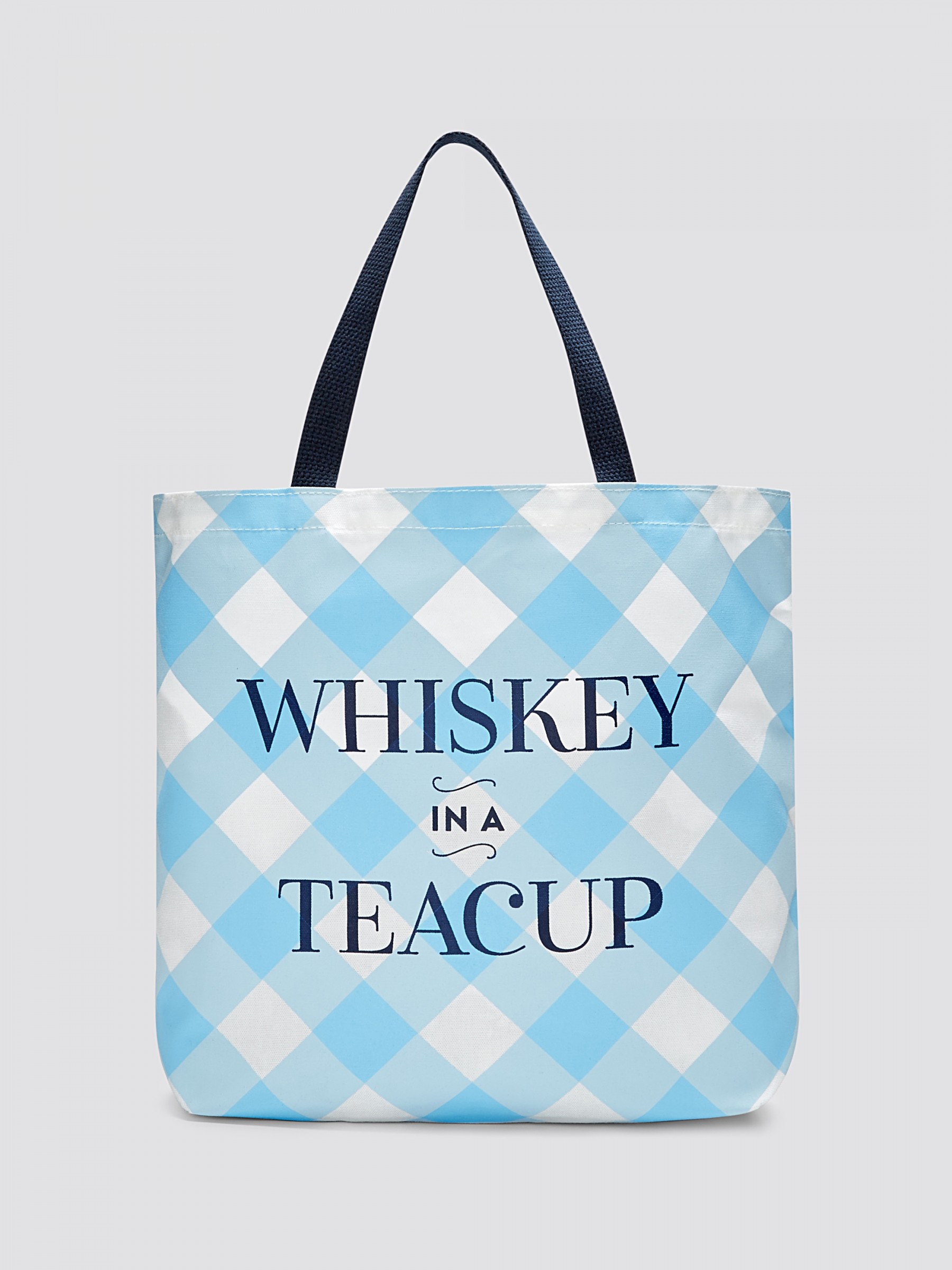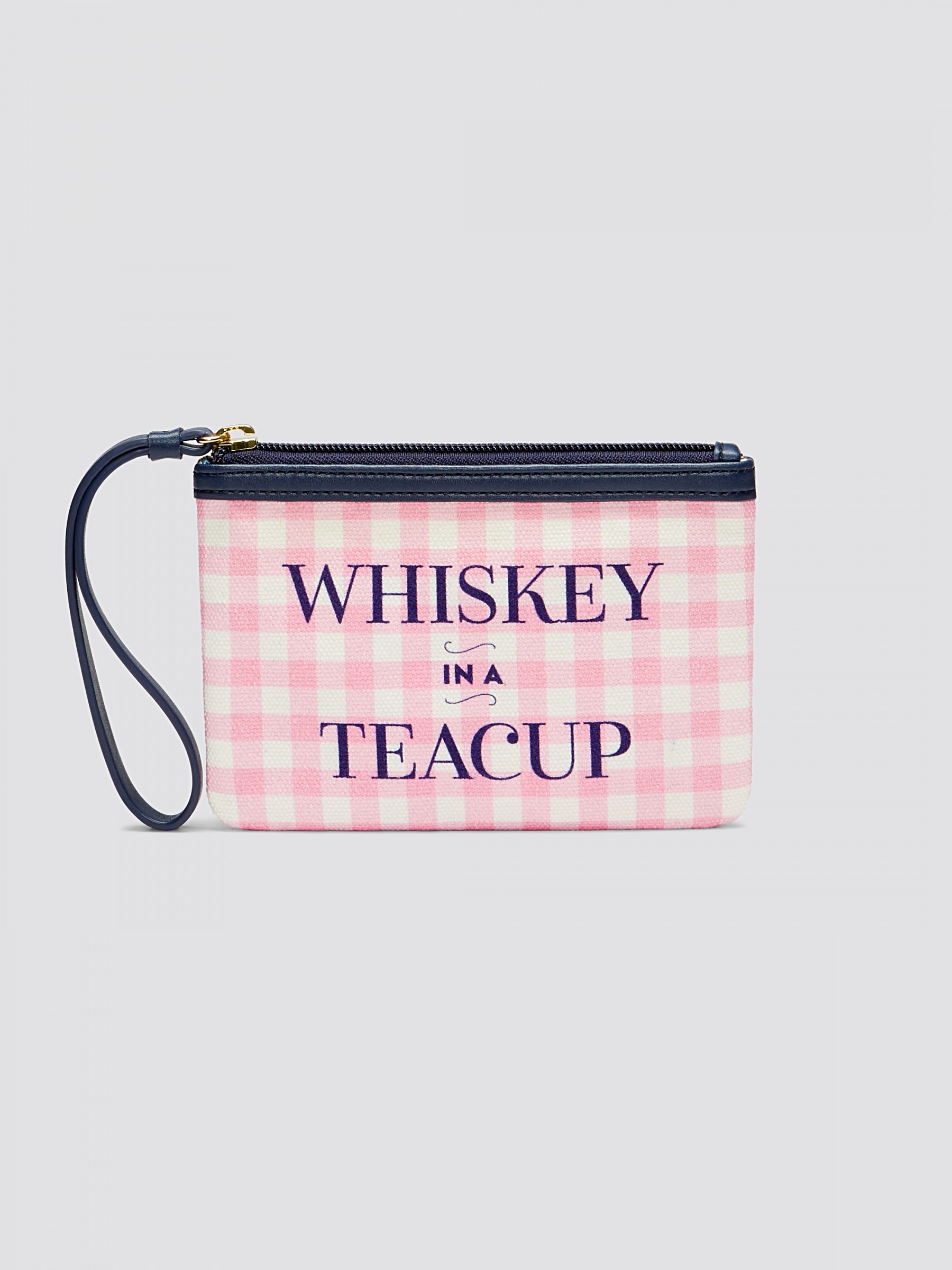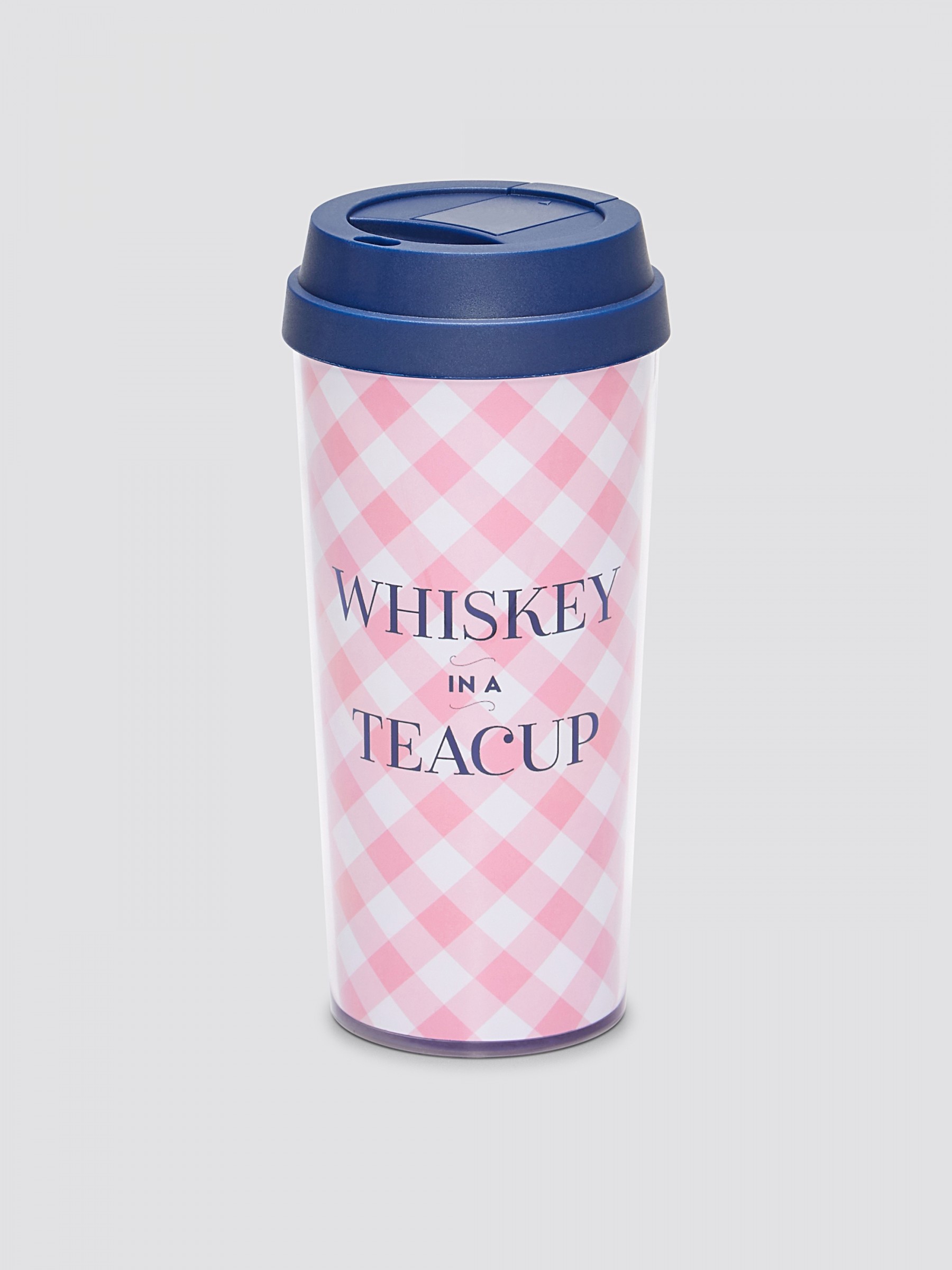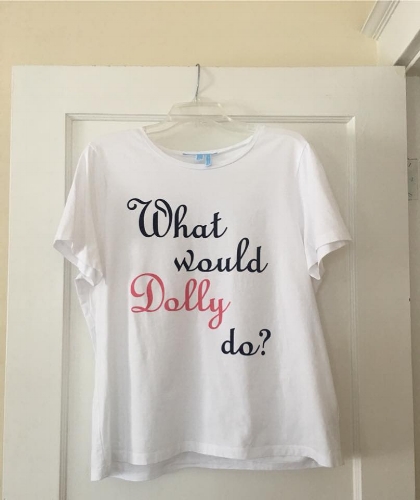Hot, Hot Chicken: A Nashville Story by Rachel Louise Martin Book Review
A new book explores the socioeconomic and racial politics that brought us Nashville’s signature chicken dish.
Today is National Hot Chicken Day, which sounds like a holiday I want to celebrate at least once a week!
In recent years, Nashville’s hot chicken has evolved from a local delicacy to a bit of a phenomenon. When we lived in Nashville a decade or so ago, you didn’t hear a lot about it, other than the word-of-mouth that it existed and it was delicious; these days, chain restaurants like KFC and O’Charley’s offer up their own versions of “Nashville Hot Chicken” that sort of taste like the real thing.
As for the “real thing,” Bob and I love it. We find a way to pick up some chicken on every trip to Nashville, and we’ve attended the Hot Chicken Festival. But, to be honest, I hadn’t given a ton of thought to the origins of the iconic dish beyond the legend that Thornton Prince’s lady friend made some allegedly inedible cayenne-spiced chicken as payback for his dalliances, and it turned out delicious. Of course, I receive a lot of press releases in which marketers purport to know the origin of foods, the “original” bourbon distillers, and so on, so I take these origin stories with a bit of a grain of salt. Or, at least I did until I read the new book Hot, Hot Chicken: A Nashville Story by Rachel Louise Martin.
In Hot, Hot Chicken, Dr. Martin, a writer and Nashville native, sets out to learn why hot chicken has been a legendary dish for decades among Nashville’s Black community, but only gained notoriety in white Nashville relatively recently. The result is a fascinating history of the Prince family, soul food in the Mid-South, and the experiences of Black Nashvillians from the Reconstruction Era to the present day.
Dr. Martin’s painstaking research traces the Prince family through over a century of public records. She provides excellent insight into the zoning and segregation laws that created two distinct Nashvilles — one for Black people and one for white people — for so long. A particularly interesting anecdote arises in the 1950s when a group of white folks — musicians from the Grand Old Opry, including George Morgan (father of Lorrie Morgan) followed the delicious smell of Mr. Prince’s original Chicken Shack and attempted to order some for themselves. Soon the restaurant, previously frequented solely by Black diners, was forced to put up racially segregated dining rooms to comply with the Jim Crow laws. It’s a harsh reminder of the not-too-distant South.
Nashville Hot Chicken Festival, 2014
In recent years, there has been so much good work done towards setting the record straight on the role that Black Southerners played in creating the regional cuisine and beverages that are an integral part of the cultural identity of the Southeastern United States. These days, any serious whiskey enthusiast knows that Mr. Jack Daniel learned about distilling from Nathan “Nearest” Green. The study of Southern Foodways has expanded to acknowledge the role of enslaved cooks in creating the staple recipes of both Black and white Southern cooks. In Hot, Hot Chicken, Dr. Martin continues this important tradition by tracing hot chicken’s roots from the food served by enslaved cooks in plantation houses to the burgeoning soul food movement of the twentieth century. In the process, she produces an unflinching history of the city of Nashville.
Sophie and I enjoyed some hot chicken at Centennial Park, 2019
Hot, Hot Chicken is a must-read for anyone who loves the food and writing of Sean Brock and Vivian Howard, who wants to learn more about how Black Southerners shaped our cuisine, or anyone who, like me, just loves Nashville and its signature dish of hot chicken!
Dolly Parton Songteller Book Review
Before she was America’s Patron Saint, Dolly Parton was an amazing songwriter. This book tells the stories behind her most beloved and memorable songs.
There’s never been a more wonderful time to be a Dolly Parton fan, y’all. All of a sudden, the whole world is figuring out what some of us have known for years, which is that Dolly Rebecca Parton of Sevier County, Tennessee is The Actual Queen of All The Things. She’s celebrated as an icon and a philanthropist and a businesswoman. She’s been on TV and Netflix and a quirky little podcast. And it looks like she might just save our lives.
Whatever your conception of Dolly — her over-the-top appearance, her amazing capacity for kindness, her rather newly-anointed status as America’s Patron Saint — her original role is as a songwriter. In Songteller: My Life in Lyrics, Dolly notes that, no matter her accomplishments as an actress and performer, she thinks of herself primarily as a songwriter.
Songteller is a celebration of Dolly’s career as a songwriter, which has spanned over six decades. The book showcases dozens of her most popular and memorable songs, with Dolly providing memories and backstory to each song. The result is a fascinating and visually stunning look at Dolly’s amazing career as a performer and storyteller.
The hardcover coffee table book is a must-have for serious fans of Dolly or of country music. The book features well-known stories like the inspirations behind Jolene or I Will Always Love You, but also dives into stories that may be new even to devotees. (I particularly loved the story of Merle Haggard’s unrequited crush on Dolly!) The Audible version of the book brings an intimacy to the stories, as you actually hear Miss Dolly recalling each song, while the book provides stunning visual accompaniment. Both hardback and audio versions are a fascinating experience for anyone who loves Dolly Parton, Appalachian culture, country music, or just heartwarming and wholesome stories of good music. Both the hardcover and audio versions are 5/5 must-reads!!
What Dolly Parton Means to Me
Why we all need a little Dolly Parton in our lives.
I’ve been thinking a lot about Dolly Parton lately.
Then again, I guess I kind of always think a lot about Dolly Parton. If you’ve read my blog for any time at all, you know that she’s basically my hero.
I’m not the only one, though. It seems Miss Dolly has been everywhere in pop culture lately. She recently celebrated her 50th Anniversary as a member of the Grand Old Opry. Her brilliant film 1990s film Steel Magnolias enjoyed a limited theatrical run earlier this year, and the British adaptation of her 9 to 5 musical debuted in January. She played a surprise gig with the Highwomen at the Newport Folk Festival a few months ago, recently co-hosted the CMA awards, and had a huge role in telling the story of country music in Ken Burns’ brilliant, recently-aired documentary. She has a series of Netflix films on the way and she is the subject of the most intriguing podcast that I’ve heard in ages. If you have any ties to the Southeastern United States, then you already know that she’s a national treasure. With Miss Dolly’s name on everybody’s lips, I recently had a bit of a realization.
I’ve kind of spent my adult life trying to be Dolly Parton.
Okay, that sounds a little too cute by half. Hear me out, though. I spent my teens and early twenties as a curvy, opinionated, big-haired southern girl during the “waif is in”, Kate Moss-fueled 1990s. Back then (and, truthfully, to this day still), I really only knew how to fix my hair by making it bigger. After all, as Dolly’s Steel Magnolias character Truvy brilliantly noted, “there is no such thing as natural beauty.” But beyond the big curves and even bigger hair, there’s always been a lot about Dolly Parton that resonates with me. When you look past the hair and the boobs and the rhinestones, Dolly’s story is pretty common among Appalachian women: it’s one of hard work, good humor, dedication to family and, above all, it’s a story of kindness.
Now, of course, there was a time when Dolly’s folksy humor, rife with self-deprecating boob jokes, seemed dated and cringeworthy to me. In analyzing her message as an adult, however, I’ve realized how much mystique she’s been able to maintain by only talking about her most obvious assets. In a great recent New York Times piece, Lindsay Zoladz argues that the things that once made Dolly a little brash and — dare I say it — a little trashy are no longer taboo; in effect, popular culture has caught up with her. She knows how to tell a grandma joke and, in her own words, make Jimmy Fallon look like a dumbass. There’s certainly an art to saying things that are just a little bit dirty or outré in order to deflect from truly personal or substantive conversation. “When all else fails, tell a tit joke,” Dolly laughs to Dolly Parton’s America podcast host Jad Abumrad in reference to the 2017 Emmy Awards, when her 9 to 5 costars Lily Tomlin and Jane Fonda made pointedly anti-Trump remarks while Dolly laughingly changed the subject to her own most famous assets. There’s a tinge of sadness in her voice, but a whole lot of resolve. She’s not going to be put on the spot or bullied into saying something that she doesn’t want to. Over the years, I’ve noticed that, time and again, she tells interviewers that they can ask whatever they want, but that she’ll only tell them what she wants them to hear. She skims over the more personal details of any story Mr. Abumrad seeks out, often saying “well, that’s personal” when a question goes too far. She portrays herself as an open book when it comes to her love of flashy clothes, cosmetic procedures, and wigs (“It costs a lot of money to look this cheap,” she’s often quoted as saying), but private details of her life are just that — private. After all, she’s been quite open about choosing to have cosmetic alterations and a particular silhouette. There’s a remarkable amount of power in owning that narrative and moving forward with its implications in an honest and unflinching manner. Like many other aspects of Dolly’s story, it’s a reminder that being a lady has absolutely nothing to do with one’s financial or educational background, but rather with how one conducts herself. She’s never been involved in tabloid scandals or gossip; in fact, she’s been married to Carl Dean for 53 years. Dolly isn’t a lady in spite of her hillbilly upbringing or her Nashville glitz; rather, she’s a lady because of it.
Dolly Parton and Carl Dean. Photo via Country Living
Dolly hails from Sevierville, Tennessee, a small town in the Appalachian mountains. Sevierville is about two hundred miles south of my own tiny Appalachian hometown, and her experiences in her Tennessee Mountain Home are certainly familiar to me. In the podcast episode in which Mr. Abumrad describes Dolly’s homestead, he draws the parallel to his father’s modest home in rural Lebanon; I immediately saw the house where my grandfather grew up in 1920s Knott County. In the same podcast episode, when it’s referenced that Dolly’s nieces and nephews call her “Aunt Granny”, I felt a fast kinship. That particular brand of colloquial endearment took me home to the holler immediately.
My grandparents with my father and aunt. Easter, 1950s
One of the major themes of Ken Burns’ Country Music was the rise of what was originally called “hillbilly music”— one of the formative influences on modern country music. Of course, for any of us who were raised in the holler, the “h” word is pretty loaded. We try hard to escape it and we rail against it with an odd mix of pride and shame. When I ran across a quotation from Dolly about her hillbilly childhood in a 2014 Southern Living interview, of course her stance made sense. Maybe leaning into the hillbilly narrative —taking back the idiom, as they say — is the most powerful way to proceed. As always, Dolly herself said it best: “I’m proud of my hillbilly, white trash background. To me that keeps you humble; that keeps you good. And it doesn’t matter how hard you try to outrun it—if that’s who you are, that’s who you are. It’ll show up once in a while.” It’s the story she’s told time and again in songs like Coat of Many Colors. And, at least to this mountain girl, it’s far preferable to railing against popular perceptions and misconceptions of hillbilly life; rather, she acknowledges its reality and celebrates its beauty. Miss Dolly has better things to do with her time, and I like to think that I do, too.
My aunt Marie and Uncle Ed with my father and aunt.
Dolly’s connections to her Appalachian upbringing don’t just resonate with me in a sociological analysis of mountain culture; her stories also feel very similar to my own mountain experiences. When Dolly’s nephew Bryan Seaver talks to Jad Abumrad about “Aunt Granny”, I immediately see my Momaw Ree — my great aunt Marie, an over-the-top fabulous aunt who had no kids herself, but who loved her dogs and spoiled her nieces and nephews. It’s a role I proudly find myself taking on with my own nieces as time progresses. In fact, just the other day, I found myself curling my eldest niece’s hair and saying “you know your hair turns out better if you listen to Dolly Parton while you’re fixing it, right?” To her credit, she nodded enthusiastically.
To me, Dolly Parton symbolizes a deep love of Appalachia and of folks who could use a helping hand. Her commitment to charities that help people in underserved areas — specifically her Imagination Library and her assistance to people of Gatlinburg who lost their homes to forest fires — is so remarkable. This isn’t about a wealthy singer looking for a tax shelter; it’s about helping people who, like Dolly herself, have experienced life in a tremendously economically depressed area.I love that she is about helping people get on their feet and make their own lives better. I love that she’s helping people without any sort of savior complex. When she references helping kids learn to love reading at an early age because her own daddy was illiterate, her words are filled with compassion, not exploitation.
My grandfather taught school and played a Martin guitar; he lived in a small Eastern Kentucky town.
For most folks who grew up in Appalachia, the land, the culture, and our own families are inextricably linked. We know that you’re committing the sin of vanity if you “get above your raisin’.” And, the “hillbilly music” that my granddaddy and his brother played will always tell part of our generational story. My grandfather loved old time country music, and he loved Miss Dolly. I suppose, as these things go, it makes sense that my daddy doesn’t particularly enjoy what is, to him,“dad music” like Dolly and Porter Wagoner — he’s more of an Allman Brothers and Beatles guy. But, I grew up with my grandparents listening to Dolly Parton and Loretta, and the voices of those strong women always take me back to my childhood.
Now, I’m pretty sure that Dolly’s message doesn’t just resonate with me. Obviously, she’s having a huge media moment. Walk into any Draper James store and their staff will tell you they can’t keep the What Would Dolly Do items on the shelf; look up the “Dolly Parton’s America” podcast on iTunes and you’ll see over seven thousand reviews. Dolly’s certainly having a moment, and I think it’s attributable to way more than having a good PR team. I think that her unwavering message of kindness is certainly something that we all need to hear these days. When Garden and Gun ran a feature article about the thirtieth anniversary of Steel Magnolias, an anecdote from playwright Robert Harling stuck out to me: “Julia said, ‘Dolly, we’re dying and you never say a word. Why don’t you let loose?’ Dolly very serenely smiled and said, ‘When I was young and had nothing, I wanted to be rich and famous, and now I am. So I’m not going to complain about anything.’” I mean, this is so beautiful and profound. It’s why Dolly deserves every ounce of adulation and recognition that she receives. And, it’s why she’s loved by such a disparate group of fans.
Dolly’s universal appeal, as referenced by Mr Abumrad throughout Dolly Parton’s America and celebrated in the film Dumplin’, is that she is equally loved by evangelicals and drag queens, hipsters and hillbillies. Part of this, of course, is her hauntingly beautiful singing voice and her rare talent for writing enduring songs. Part of it is her message of love and kindness — her conception of God as loving all people. Part of it, too, is her treatment of everyone with dignity. One of the most interesting points raised thus far in Dolly Parton’s America is what Dolly’s nephew Bryan Seaver calls “Dollitics” — Dolly’s personal and public views on political and social issues. She’s at once outspoken and evasive. The oddest and most uncomfortable portions of the Dolly Parton’s America podcast arise in regard to Dolly’s political stances. Mr Abumrad and his producer, Shima Oliaee, seem committed to the idea that Dolly almost owes them a declaration that, as a young Nashville singer-songwriter, she was a protofeminist. Similarly, they seemed floored that she won’t make a ragingly anti-Trump statement. The analysis seems very “Ok, Boomer” at times: maybe if we keep reframing feminist ideas in a palatable manner, we’ll force Dolly to admit that she espouses these views. Similarly, there’s an air of disbelief that she won’t renounce President Trump and his voters. We live in very polarizing political times, and I do think that there is a strong belief that every American falls neatly into the red-or-blue cable news ideological dichotomy - what my friends Sarah and Beth over at Pantsuit Politics call our political jerseys. Even Dolly’s sister, who teaches domestic violence awareness courses, has criticized Dolly’s refusal to openly declare political stances. That’s all a little odd to me.
We live in an era in which we all feel compelled to take strong political stances. Nearly all of us have friends and relatives who identify strongly along both sides of the partisan divide. It’s very easy in the era of party-specific news channels and seemingly endless daily Facebook rants to characterize those with whom we disagree as cartoonish buffoons. I know that I try in my own daily life to consider the motivations and merits of those who disagree with me. I want to see the same in Dolly Parton. I tend to hope that she’s trying to see the value in her disparate fans’ opinions. I like to think that Dolly embraces the diversity of messages her fans espouse — “I’m here for you evangelical Christian Republican AND for your hyper-liberal counterpart” is the very reason why she has established the universal appeal for which she’s currently being celebrated. She’s embraced her LGBTQ fans with such kindness and compassion in a manner that incorporates her own Christian faith, and she is resolute in providing a message of inclusion and grace for all. But, whether she’s America’s open-hearted “Aunt Granny” or a shrewd businesswoman who doesn’t want to piss off any of her constituent fan bases or, as is most likely the case, a little of both, how much of a political opinion do we actually need Dolly Parton to express? Is it necessary for the woman who gave us some of the greatest songs of the country music canon to also provide staunch political commentary? Maybe it’s enough for her to say “all of y’all are welcome in the Dollyverse. Let’s lay aside our political differences, I’ll make a boob joke, and we’ll all sing along to Jolene.”
I’ll be one down in the front row with my hair teased up as high as it’ll go.
Love Dolly as much as I do? Don’t miss my holiday gift guide for Dolly lovers!
Shop the post
Frida Kahlo Exhibit at the Frist Art Museum
A review of the Mexican Modernism exhibition at Nashville’s Frist Museum
Self-Portrait as a Tehuana (Diego on my Mind) by Frida Kahlo
A couple of weeks ago, Bob and I took a quick overnight trip to Nashville for an appointment. I was thrilled that this schedule allowed us to see the Mexican Modernism exhibition at the Frist Museum! Several paintings by Frida Kahlo, along with several more by her husband Diego Rivera, were the focal point of the show. I couldn’t contain my excitement that we’d get to go see these works, as Frida Kahlo has been my very favorite artist since I was a teenager. In fact, I kept a postcard print of the above painting, Self-Portrait as a Tehuana (Diego on my Mind), on my dorm room bulletin boards throughout college.
I was so excited to see Frida’s paintings that I ordered a copy of my favorite non-required-reading book from college, Hayden Herrera’s Frida: The Biography of Frida Kahlo. I wanted to remember all of the important details of Frida’s life, influences, and work before I saw her paintings!
Y’all, this exhibition was amazing. I’m not kidding you, I was in tears several times as I looked up close at works I’d previously only seen in reproduction. Even if you aren’t a Frida junkie like me, it’s a very well-done series. The works in the exhibition are from the Jacques and Natasha Gilman collection, and include many of the most celebrated and recognizable works from Rivera, Kahlo, and several of their contemporaries.
Self-Portrait in Red and Gold Dress by Frida Kahlo
Self-Portrait with Monkeys by Frida Kahlo
In addition to the fantastic array of paintings, the exhibit includes over fifty photos from Frida and Diego’s lives together. The photos cover the major events in the Frida & Diego mythology, from their two weddings to their political activism (they even helped house Leon and Natalia Trotsky in exile in Mexico City) to the ravages of Frida’s lifelong health issues, the result of a childhood bout of polio and a trolley car accident she survived as a teenager. A video of Frida and Diego plays against one wall, and several traditional Tehuana costumes, like those favored by Frida, are on display.
The exhibit runs through September 2nd; I’m seriously considering running back down for a second viewing over the holiday weekend! It was such a great reminder that Nashville hasn’t become all Bro-Country bars and bachelorette parties. Stay tuned for more adventures in how to do Nashville like an adult!
Reese Witherspoon's Whiskey in a Teacup
A fun and meaningful look at Southern traditions.
{Disclaimer: This review contains affiliate links to Amazon.com. I will be compensated a very small amount per book purchased through the links contained in this post, at no additional charge to you.}
Earlier today, I listened to Reese Witherspoon's Whiskey in a Teacup on Audible. I’m headed to the Book Tour event tomorrow, where I’ll receive my print copy, but I just couldn’t wait to hear what Reese had to say. I knew it would be a fun read for those of us who love Southern manners and traditions, but even I was surprised by how much I loved it.
In fact, I may have shed a tear or two. Not because the author was bloviating on the value of hot rollers and monograms and Steel Magnolias in her best Tracy Flick inflection (although, to be fair, these are all things I love…), but because the heart of Whiskey in a Teacup is family and tradition and, well, doing things properly. It’s hard to articulate sometimes, as a Southern woman, what it is that makes our traditions so special to us. I think that, too often, that we Southerners are often unfairly characterized as backward or small-minded. Whiskey in a Teacup is a lovely tribute to the graciousness, strength, and sense of purpose to which so many of us were raised to strive.
A signature Reese Witherspoon quotation at the Lexington Draper James boutique
Whiskey in a Teacup is, the book tells us, a phrase which Ms. Witherspoon’s grandmother used to describe Southern women — those who are fiery and strong whilst presenting as delicate and demure. Time and again, as she described the lessons her grandmother taught her, I thought of some of the lessons I’ve learned from my own beloved granny. A chapter about quilts passed down among generations of Ms. Witherspoon’s family felt especially familiar. When she spoke of red-and-white quilts passed down from her grandmother… well, let’s just say I could relate.
A red and white Ohio Star quilt that my grandmother made for me
If you read HerKentucky on even a casual basis, or have ever perused my blog’s Facebook or Instagram pages, then you know that I’m quite a fan of Draper James, Ms. Witherspoon’s fashion and lifestyle brand. Of course, I’m fond of the designs — fun and feminine pieces at a reasonable price point — but I also love to support Draper James because I’m so inspired that Reese, who is only a couple of months younger than me, has found a “second act” as an entrepreneur, author and film producer. It often feels that options become more limited for women who are over 40. As a small business owner who is currently finishing her first book, I am so inspired by the idea that Ms. Witherspoon keeps redefining her professional role. Of course, I love her signature performances in films like Sweet Home Alabama and Cruel Intentions, but I’m inspired by the idea that ladies my age are successfully forming new companies on their own terms. Of course, when Ms. Witherspoon speaks of her affinity for needlepoint, monograms, and entertaining, I’m there for it as well.
I’m wearing Draper James, at an event I hosted at their Lexington event earlier this summer.
I’m so excited to attend the Whiskey in a Teacup book event tomorrow and get my hands on my print copy of this book Whatever form you choose to read it in, I highly recommend it for anyone who loves Southern hospitality, the movie Legally Blonde, or good stationery.
Will I see y’all tomorrow night at Reese’s book tour event?
Shop the Draper James Whiskey in a Teacup Line
All We Ever Wanted by Emily Giffin Book Review
Author Emily Giffin explores wealth, lies, and consent in a story of two Nashville families.
{This book review contains Amazon Affiliate links. I receive a small compensation for books purchased through the links in this post.}
Emily Giffin is an author with whose work I have a complex relationship. I think she's an amazing storyteller and that she has a knack for compelling dialogue and "smart lady soap opera" fiction. I often can't wait to read her books and have them delivered via Amazon Prime on the day of publication. I devour each new book in a day or so. I can't put Ms. Giffin's books down. And yet I often find myself highly conflicted. Something a character says doesn't hit me right, or a plot point seems... not quite right.
I preordered Ms. Giffin's latest, All We Ever Wanted, as soon as I learned that it was set in Nashville. Now y'all know that Nashville is my happy place. I travel there as frequently as possible to recharge my creative batteries. I especially love the neighborhoods in the southern/ southwestern end of town; several of the main characters live in this area, in the exclusive Belle Meade neighborhood. I've made many fun trips to the East Nashville area for meals and festivals and events; this neighborhood plays a prominent role in the work as well. So, I kind of braced myself. Ms. Giffin grew up in suburban Illinois, practiced law in NYC and wrote in London before settling in Atlanta with her husband and kids. I always wonder if she has a bit of disdain for the South; the main character in Love the One You're With -- an otherwise highly compelling novel -- seemed to delight in subtly disparaging the South in a way that made me cringe. So, when I picked up a novel set in my favorite city by an author whom I know to be a compelling storyteller, I still had guarded expectations.
Let me just start off by saying that, from a storytelling perspective, All We Ever Wanted is fantastic. The book tells the story of two Nashville families, the Volpes and the Brownings. The wealthy Brownings, Kirk, Nina, and their son Finch, are firmly ensconced in Nashville's elite Belle Meade circles, while single father and carpenter Tom Volpe raises his daughter Lyla in a blue collar East Nashville setting. Finch and Lyla are classmates at a prestigious private school; their worlds are changed forever when a drunken photo of Lyla is posted to Finn's social media. The story is a fast-paced and heart-wrenching story of parental guilt, hidden secrets, and long-ago pain. Nina finds her small-town morals at to be at odds with her husband's desire to protect their son's Princeton admission at any cost, and she begins to address a long-suppressed assault that has impacted her entire adult life. Tom must confront his own class biases and the scars left by his tumultuous relationship with Lyla's mother, an alcoholic who abandoned them when Lyla was a toddler. This story plays out as every mother's nightmare: "How did my little baby become this person?" becomes "Is my child a psychopath?" in fairly short order. The work forces readers to think about the impact of class and privilege, the slippery slope between alcohol use and abuse, and the often-terrifying landscape of sexual consent and assault. It's a timely, nuanced, and tight narrative about the damage we can inflict on others and on ourselves, and it's a fantastic pool read.
And yet -- y'all knew there'd be a yet -- there were problems. Readers, I think I have to confess to y'all that the problem was with me and not with the book. I couldn't get past weird little details like "You send your kids to single sex-high schools like MBA or Harpeth if you live in Nashville" or "Nobody splits a glass of wine at Husk" or "A Methodist cop who's lived his entire life in Bristol would never drive home after drinking even a single beer." I didn't love the broad-sweeping message that you're kind of inherently vapid and materialistic if you live in Belle Meade and that you're in touch with core values if you hail from East Nashville; I've definitely met plenty whofolks who defy each of these stereotypes. And yet, as a writer and a serious reader, I know better than to allow myself to get mired in these little details. I know that if I set a novel anywhere other than the places I've lived -- Lexington, Louisville, Nashville, or the holler -- I couldn't pass this test. If I set a piece of fiction, the author of this work could likely find just as many nitpicking details that I got wrong. Ms. Giffin has been painstaking in her research of the city. So many things seem perfectly right, like pastries from Sweet 16th, which makes the best red velvet cake in East Nashville, or possibly anywhere in the world. Ultimately, she gets more "Luke Bryant popups in the Gulch" and "Buying jeans at Imogene + Willie" stories right than wrong, these little details make me sound like a pedantic malcontent, and the book is the best piece of chick lit that's been published so far in 2018.
I recommend All We Ever Wanted for anyone who loves Big Little Lies, Something Borrowed, or the early seasons of Nashville. Please chime in if you've read the book and have an opinion on the story, or if you've ever found yourself derailed by an author's tiny missteps in regard to locale and local customs!
Happy Birthday, Miss Dolly!
Celebrate Dolly Parton's birthday with purchase benefitting Imagination Library!
(This post may contain affiliate links. I may receive a small per-click commission on some product links at no additional cost to you! Thank you for supporting HerKentucky.com!)
Dolly Rebecca Parton was born January 19, 1946 in Sevier County, Tennessee, the fourth of twelve children born to a subsistence farm family. Dolly's family may have been poor, but she had dreams of doing something great. "I went to bed hungry many nights as a child," she's said. "It was a Dream that dressed me up when I was ragged, and it was a Dream that filled me up when I was hungry. Now it's my Dream to see that no child in this world ever goes hungry." When Dolly began making money as a singer and songwriter, she and her husband Carl Dean provided for her younger siblings. As much as her prolific songwriting career -- she just was awarded two Guinness World Records for her long-lived success -- Dolly is known for her amazing sense of humor, over-the-top style, and her kindness.
Now, y'all know that I'm basically obsessed with Dolly not only because of her amazing songs (Jolene is my favorite!) and her amazing films (9 to 5 and Steel Magnolias both had a huge impact on my early life!) but also because of her graciousness and kindness. I love that she's embraced all her fans and made Dollywood an inclusive, LGBT-friendly workplace. I love that she's providing preschool children around the world with books through the Imagination Library. And I love that she never forgets where she came from. Robert Harling, who wrote Steel Magnolias, recently recalled Dolly's amazing attitude on the film's set in a Garden and Gun article. While the film's other ladies were complaining about wearing heavy Christmas sweaters in the Louisiana heat, Dolly kept her cool, both proverbially and literally:" The women were dressed for Christmas, and Dolly was sitting on the swing. She had on that white cashmere sweater with the marabou around the neck, and she was just swinging, cool as a cucumber. Julia said, 'Dolly, we’re dying and you never say a word. Why don’t you let loose?' Dolly very serenely smiled and said, 'When I was young and had nothing, I wanted to be rich and famous, and now I am. So I’m not going to complain about anything.'" I mean, that's a lesson we could all take to heart: remembering the blessings we actually have.
To celebrate Dolly's birthday, our friends at Draper James are donating all of their online and in-store proceeds for the day to Dolly's Imagination Library. Y'all, this is seriously one of the coolest initiatives ever. Miss Dolly founded the Imagination Library in 1995 to provide books to the children of her hometown Sevierville, Tennessee. Dolly's mission to ensure that children had access to high-quality, age-appropriate books, regardless of household income, was designed to honor her own father, whose circumstances in the Appalachian hills of Tennessee led to his never learning to read or write. Over the past 22 years, the Imagination Library has mailed more than 100 million books to children in Australia, Belize, Canada, United Kingdom and the United States. This service is completely free to the recipients, y'all! Over 1600 communities are served, and over 1.1 million children have registered! Here in Kentucky, there are over fifty Imagination Library affiliate programs. You can register your child aged 2-5, regardless of household income, if you live in an area supported by the Imagination Library.
I LOVE my What Would Dolly Do tee from Draper James, and I want the tote bag so badly. Celebrating Dolly's birthday AND helping kids have access to books sounds like a win-win reason to order it, doesn't it?
Do y'all love Dolly as much as I do? Tell me your favorite Dolly song or role in the comments below!


